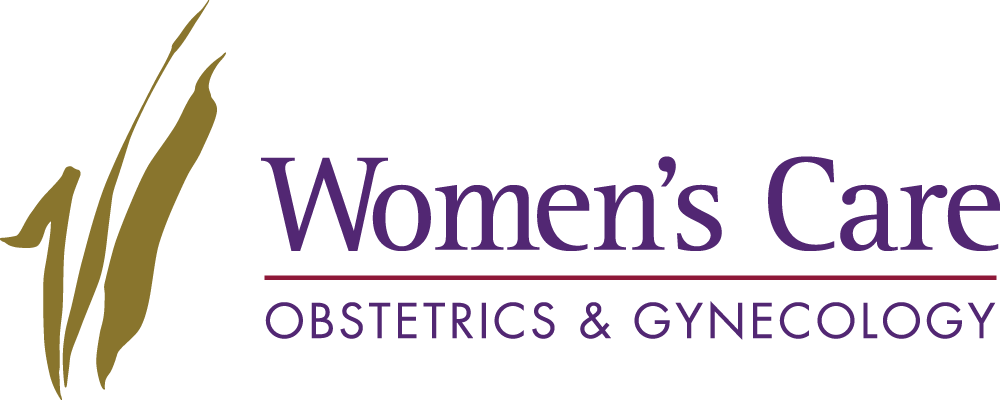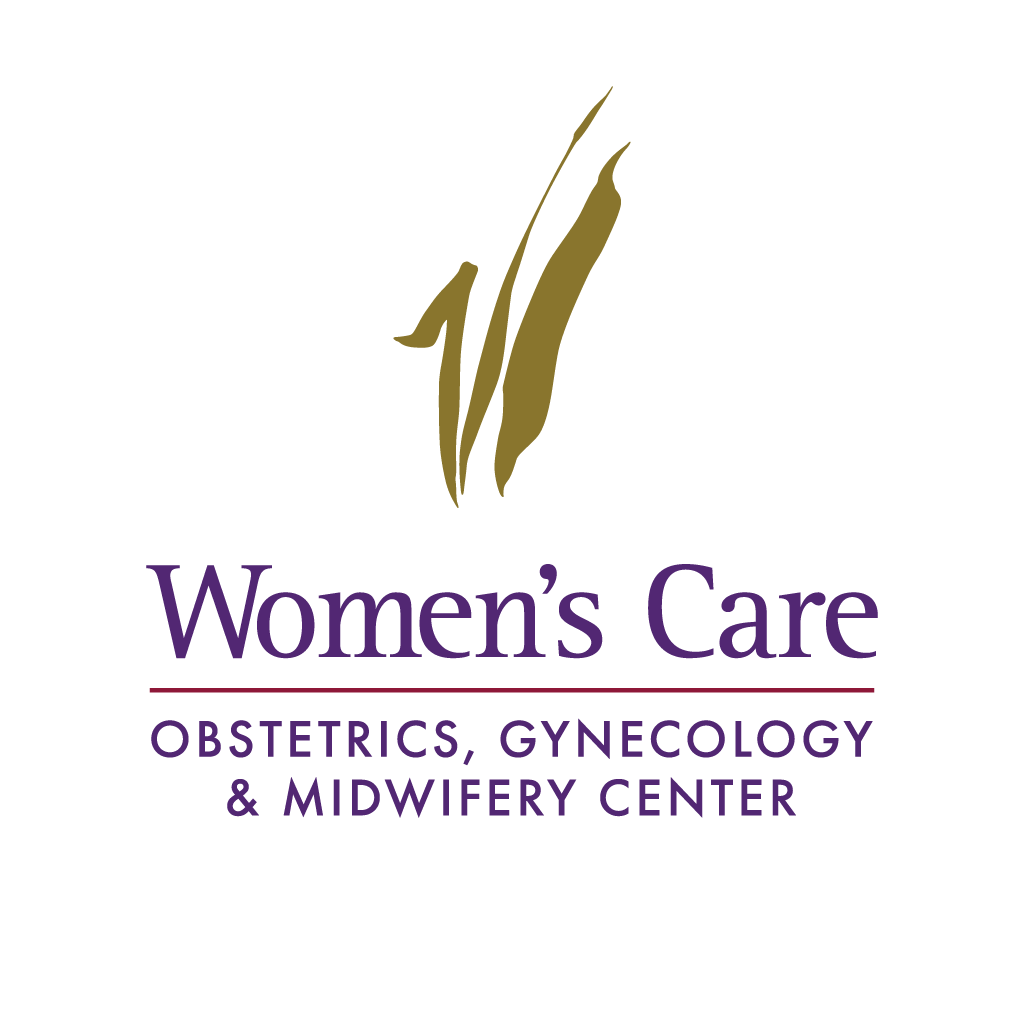Beauty Products and Skincare Ingredients to Avoid While Pregnant
It might not be the first thing you think about changing when you get pregnant, but there are ingredients in common beauty, cosmetic and skincare products that you should avoid when pregnant.
Do you have questions about skincare ingredients or specific products? We are here to help. Please call us or send us a message.
The FDA maintains an updated list and categorization of ingredients used in beauty and cosmetic products. Many of these ingredients have been proven to cause dangerous health defects or pose a health risk to you and your baby.
Retin-A, Retinol and Retinyl Palmitate
These vitamin A derivatives and others can lead to dangerous birth defects. While it’s important to have an adequate amount of vitamin A for your baby’s development, it’s best to avoid these vitamin A derivatives, which can negatively affect the development of your baby.
Tazorac and Accutane
Both of these are also vitamin A derivatives, but are only in prescription medicines. The FDA lists both as dangerous as they are known to cause birth defects and should be avoided during pregnancy. It’s not likely that you’d encounter either of these ingredients while you’re pregnant, but it’s best to be aware just in case. To learn more about recommended medications during pregnancy, view our Safe Medicines page or watch our video on pregnancy and safe medications.
Benzoyl Peroxide and Salicylic acids
Getting acne during pregnancy is quite common, but you should choose your acne creams carefully. Benzoyl peroxide and salicylic acid are ingredients best to avoid during pregnancy. Many of the commonly used acne creams contain combinations of these acids to manage acne. If you’re looking for a good acne solution while pregnant, look for products that only use one of these acne-fighting ingredients.
Essential Oils
Essential oils are often thought to be a natural alternative for beauty products. However, they are not assessed by the FDA and do not have to follow strict labeling standards. Essential oils come in different varieties and concentrations, so it’s hard to make a general statement on whether you should or should not use them while pregnant, but several have been linked to major health concerns if used while pregnant. Talk to your doctor first before using any essential oils during your pregnancy and make sure to limit your exposure to a safe amount.
Hydroquinone
It might be tempting to use this common skin lightener during pregnancy to combat melasma or a pigmentation of the skin also called the “mask of pregnancy,” but it should be avoided. The FDA lists hydroquinone under category C because it has a higher absorption rate than other topical chemicals, which makes it more likely for larger amounts to enter your bloodstream and affect your baby.
Aluminum chloride
A controversial ingredient, aluminum chloride has been the topic of several debated studies and is a common ingredient in deodorants and antiperspirants. It is generally thought to be safe to use in lower concentrations, but you should avoid products that use it in high concentrations.
Formaldehyde
An ingredient in many nail polishes and certain hair products, you should avoid using any products containing formaldehyde as it has been linked to fertility problems and miscarriage. It isn’t currently included in the FDA categories, but many doctors advise women to limit their exposure. Stick to nail polishes that are labeled “3-Free” or “5-Free.” If you visit a hair or nail salon, talk to your stylist about the products they use and make sure they don’t contain formaldehyde.
Chemical Sunscreens
Sunscreens may contain possible hormone disruptors like oxybenzone or avobenzone, which can interfere with your baby’s nervous system development. If you need to protect yourself from the sun, use physical or natural sun protection instead of chemical sunscreens.
Tetracycline
A common antibiotic used to treat a variety of skin conditions; tetracycline and its derivatives (doxycyline and minocycline) should be avoided. Studies have shown that these can have negative effects both for pregnant moms and their babies.
Dihydroxyacetone
Dihydroxyacetone is a chemical used in many spray self-tanners. The chemical reacts with the dead layers of skin on your body and is seen as a safer alternative to sun tanning. Although it’s not absorbed into the body, it can be inhaled during application and is unhealthy for you and your baby.
Consult Your Doctor About Beauty Products and Skincare Ingredients to Avoid While Pregnant
It can be hard to decipher the complicated labels on many of the products we use every day, but watching out for these skincare ingredients to avoid during pregnancy and sticking to beauty products that are specifically labeled as not having them can help you make sure you and your baby stay healthy. You should also talk to your doctor about any products that you’re considering using while pregnant.
If you’d like to learn more about what beauty products and skincare ingredients you should avoid during pregnancy or talk to one of our doctors, please contact us at our Eugene or Springfield location.
Do you have more questions about pregnancy and childbirth? View our suggested resources.

